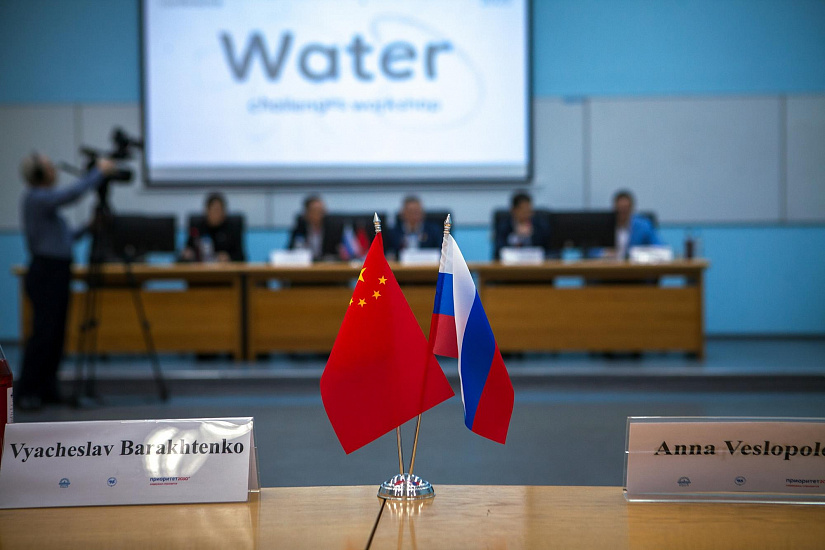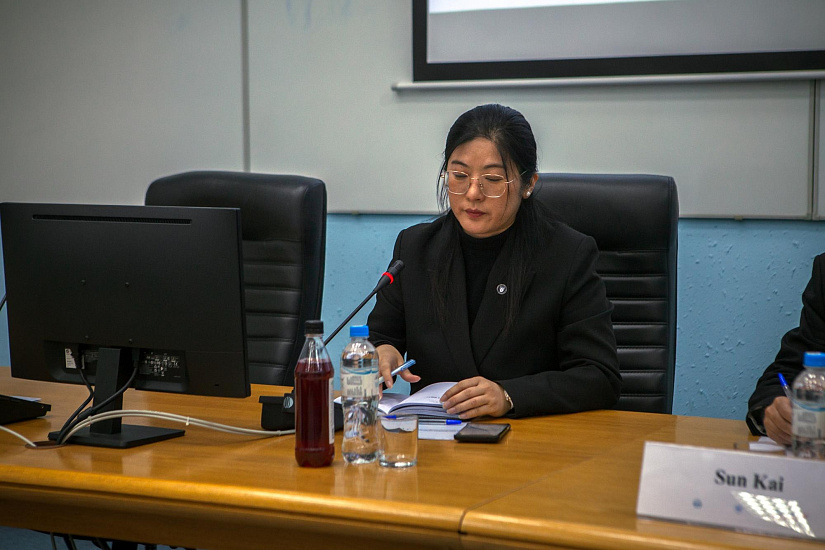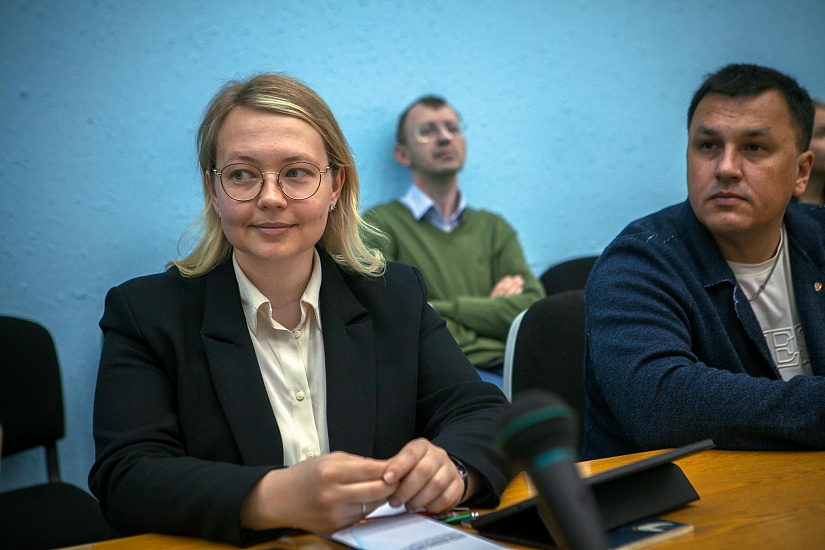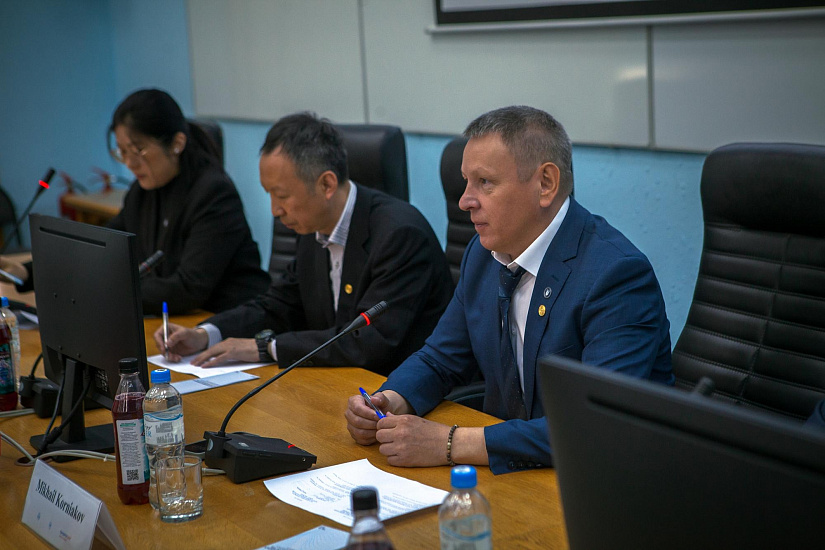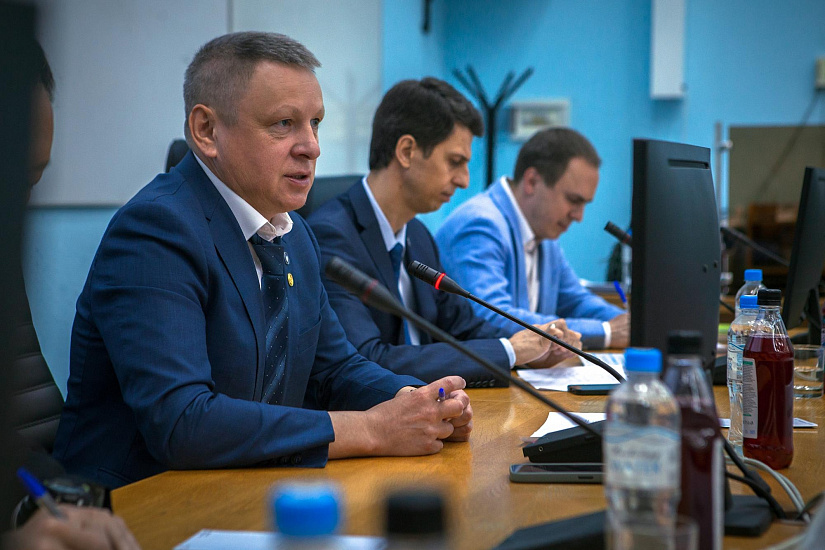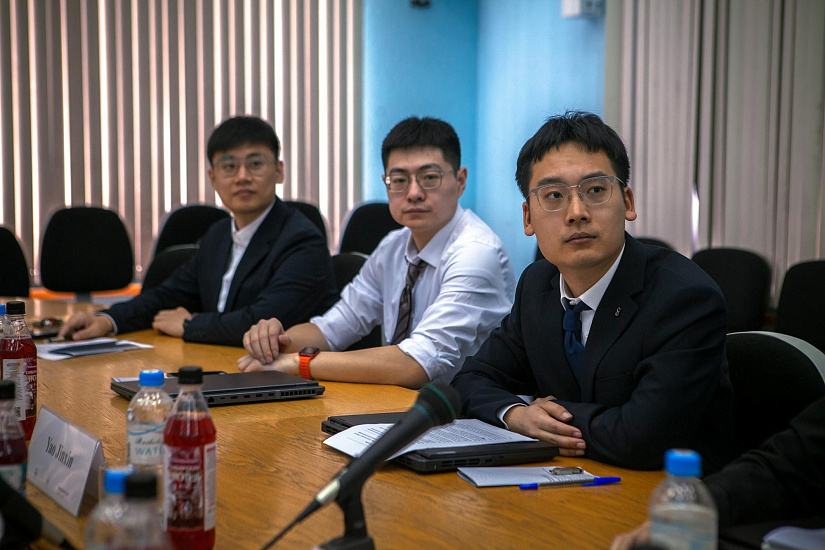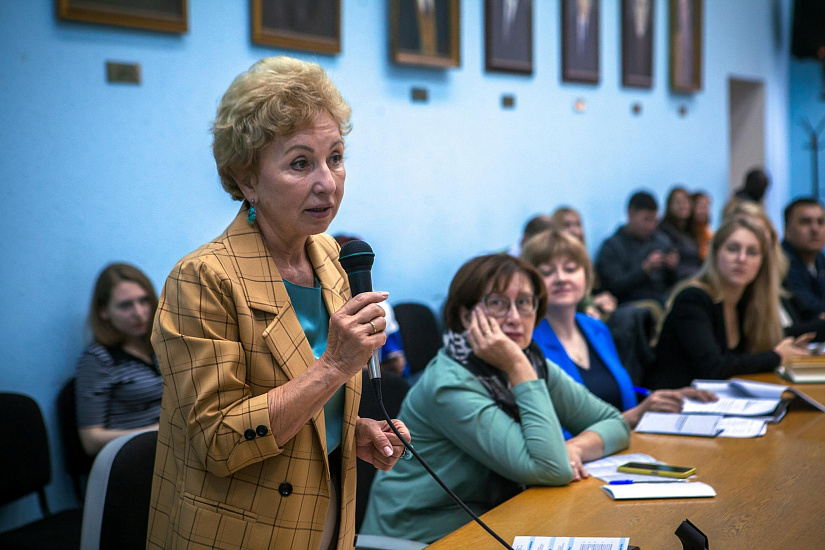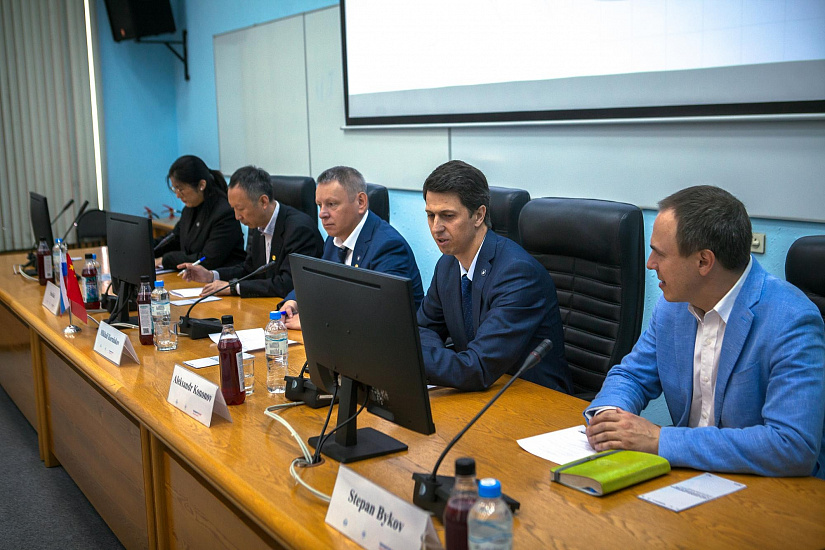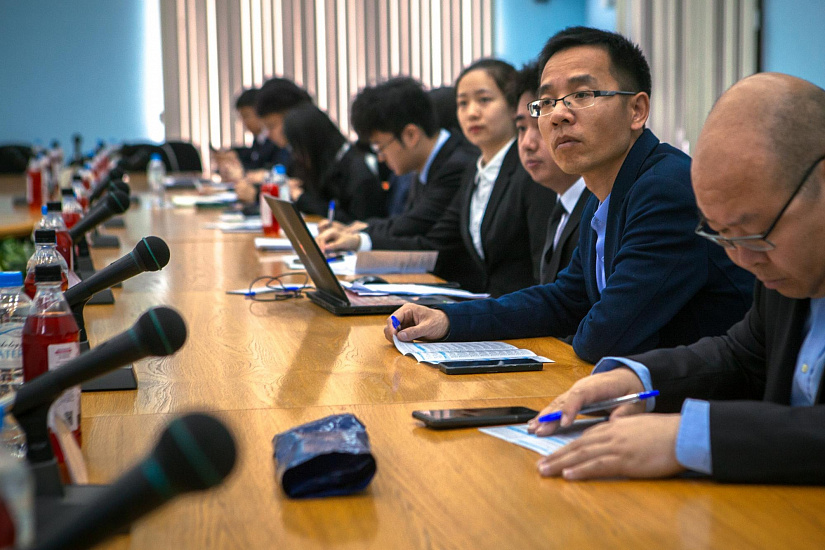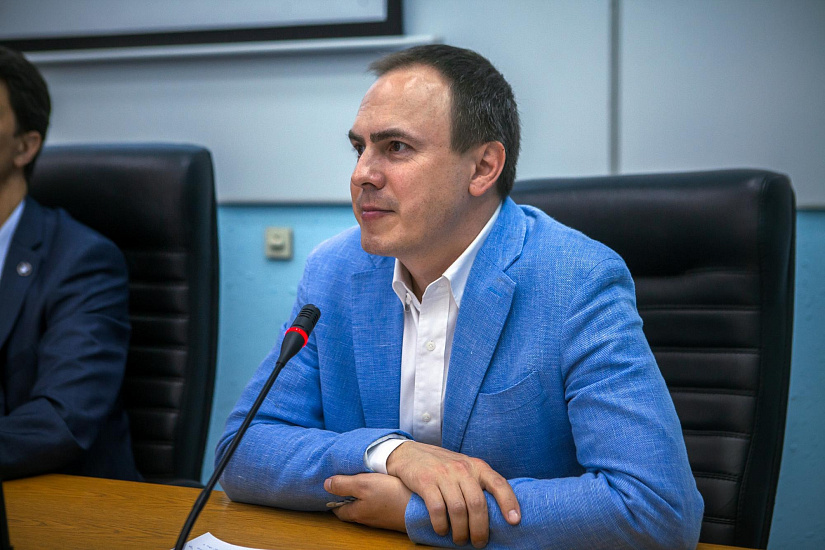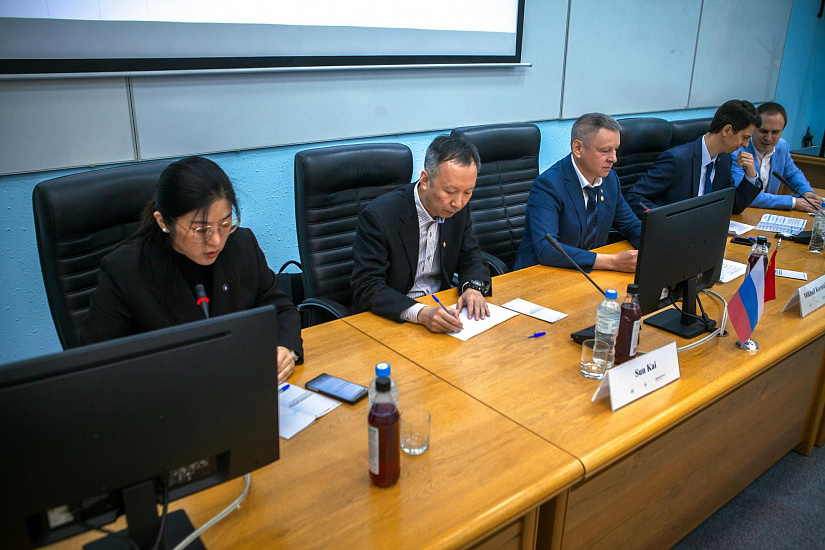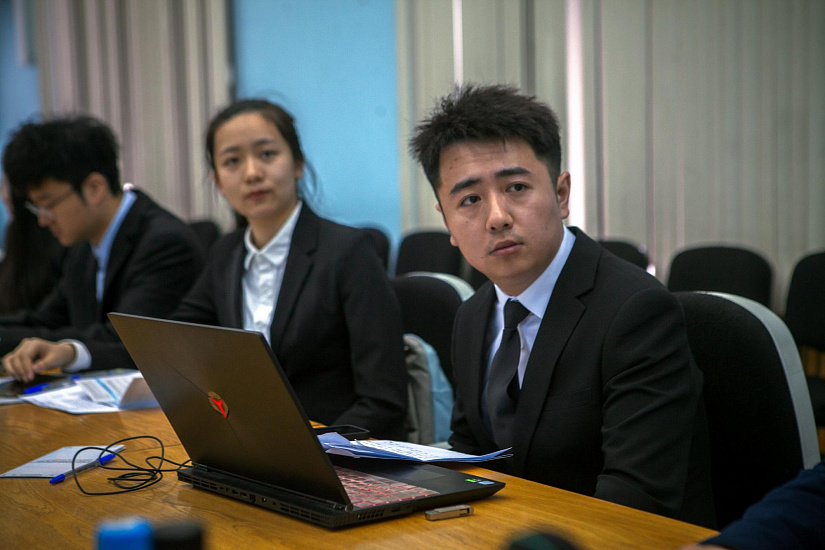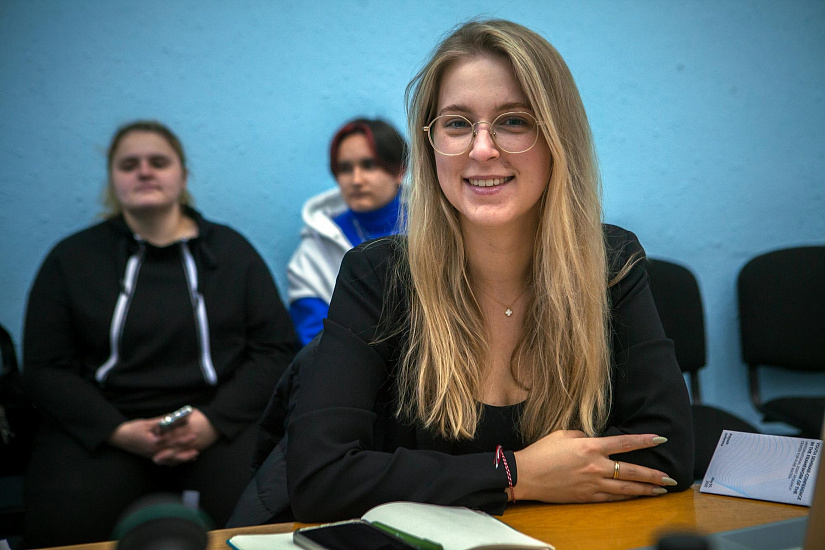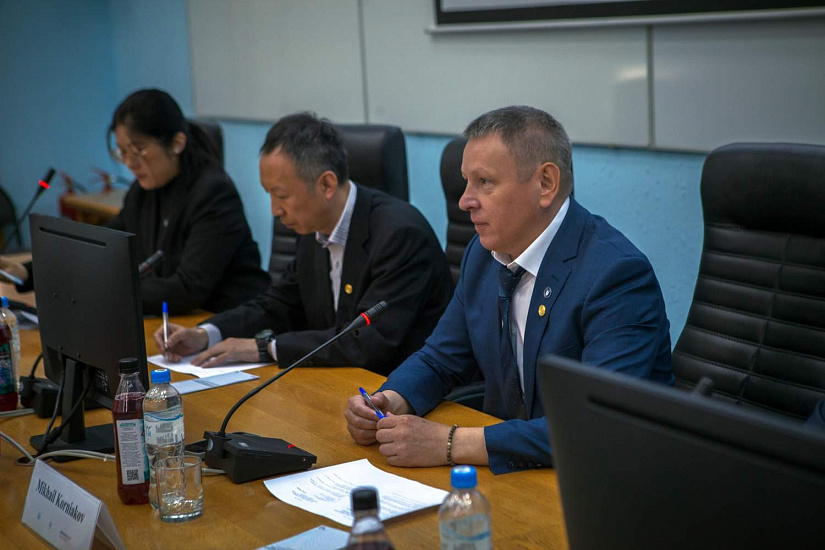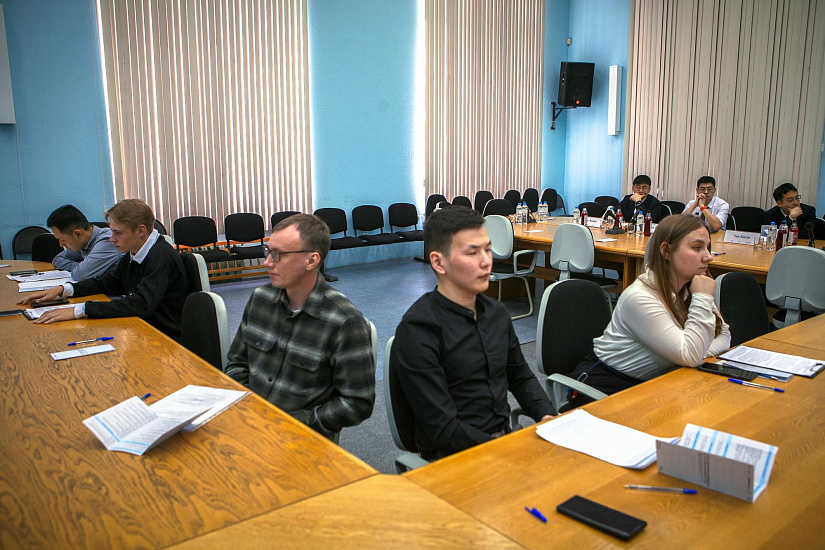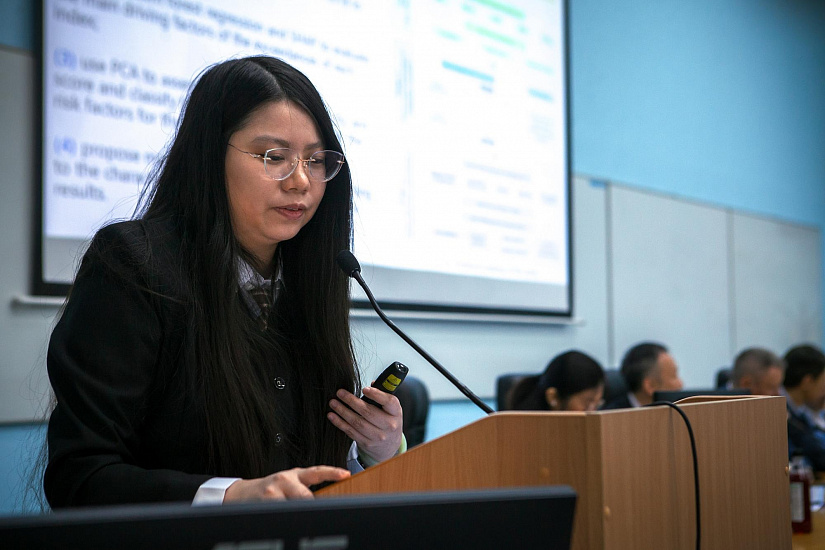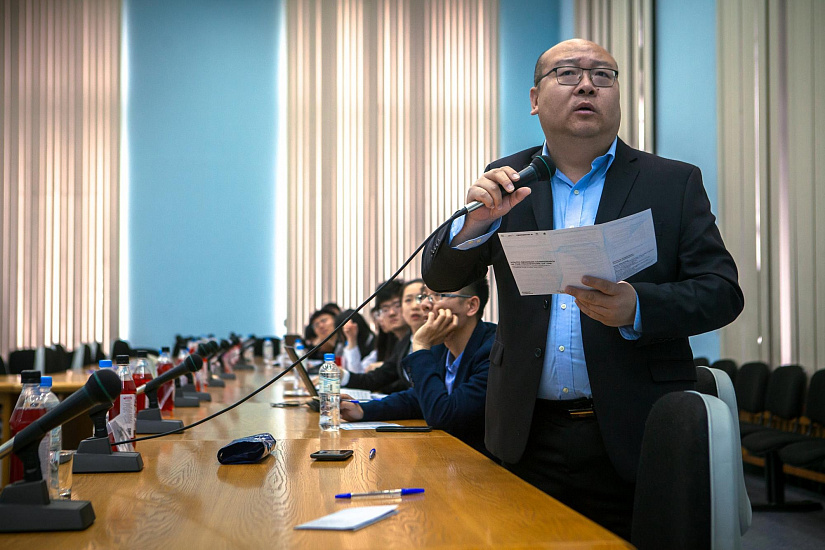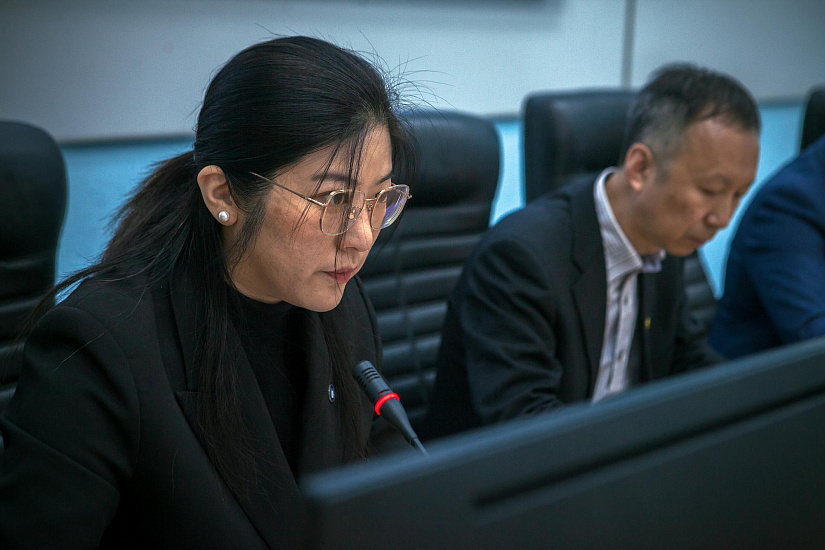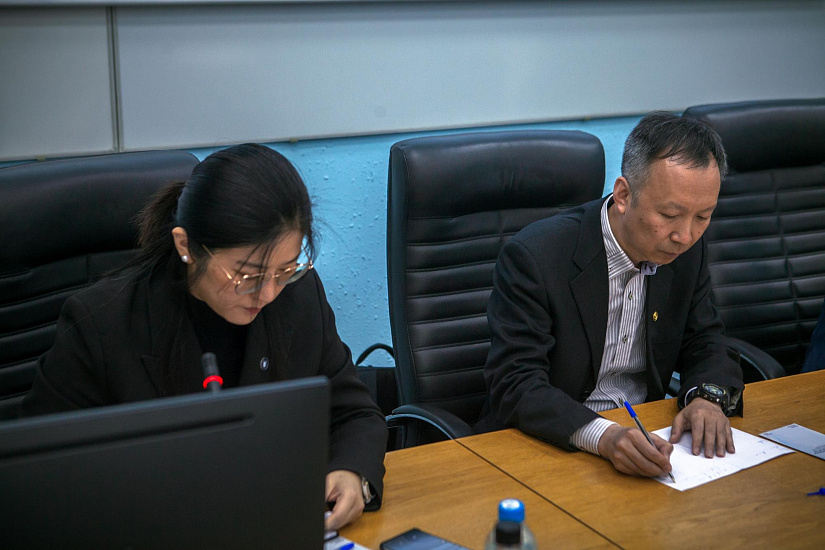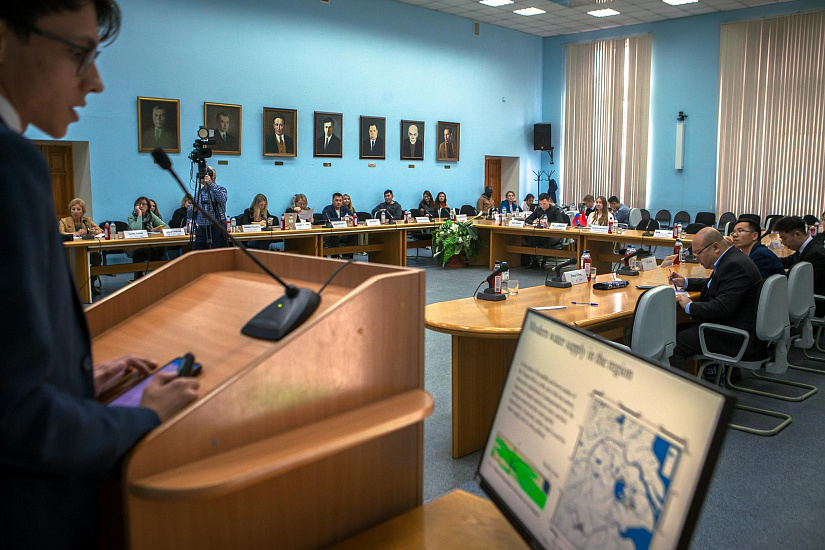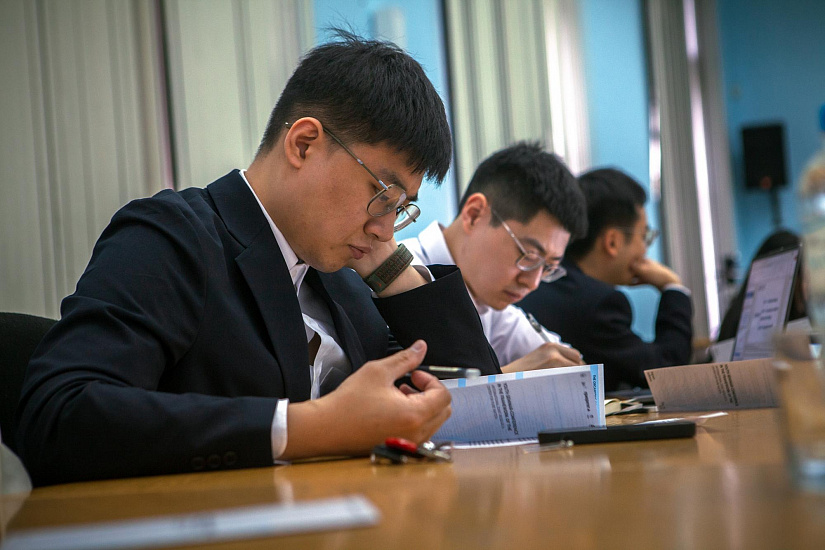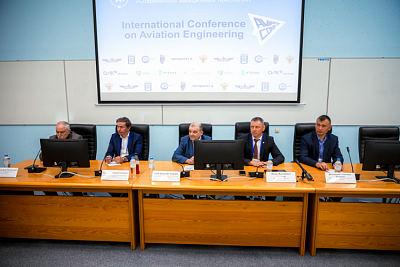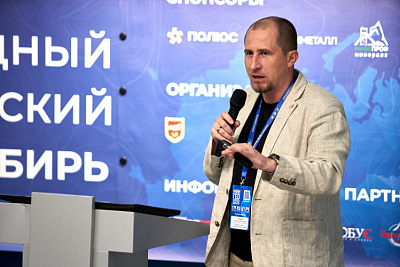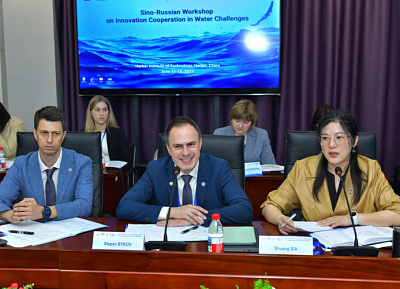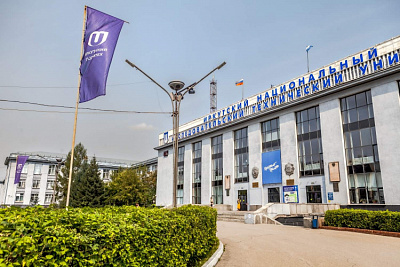INRTU, Harbin Institute of Technology, and En+ shared their experience in the field of environmental engineering
INRTU, Harbin Institute of Technology (HIT) and En+ group held a youth seminar-conference to exchange experience in engineering technology. The event was conducted as part of the International Center for Clean Water's activities under the Priority 2030 Program.
INRTU Rector Mikhail Korniakov welcomed the delegation from Harbin Institute of Technology (HIT).
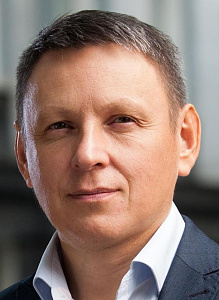
«Harbin Institute of Technology (HIT) initiated the establishment of the Association of Sino-Russian Technical Universities (ASRTU), of which we are a member. For the second consecutive year, discussions on water resources management and Lake Baikal conservation have been held on INRTU’s platform. Now, we are advancing this collaboration by developing digital databases powered by artificial intelligence (AI). Through joint efforts with En+ Group, we aim to reduce anthropogenic environmental impact and improve freshwater quality,» emphasized Mikhail Korniakov.
The INRTU staff prepared reports on the biotesting of treated wastewater, ecotoxicological assessment of bitumens, urban wastewater treatment, and flotation recovery of coal from sludge fields.
INRTU researchers also presented the results of studies on snow cover for air pollution assessment, and abandoned industrial sites near water bodies (using the example of the former battery factory in Svirsk).
Speakers described low-budget mobile robotic systems for hydrogeochemical and hydrogeophysical observation.
INRTU students and aspirants (postgraduate students) paid particular attention to the international agenda — a comprehensive assessment of groundwater for water supply in Ethiopia, and factors influencing water resources formation in Chinese provinces. The expedition to China was conducted jointly with Nanjing University as part of the Priority 2030 Program.
The HIT delegation was headed by Professor Sun Kai from the School of Environment at HIT. Young scientists identified pollution factors in urban water bodies, and highlighted challenges arising from the degradation of nitrogen-containing compounds in wastewater. Chinese aspirants (postgraduate students) also explored innovative approaches to achieving carbon neutrality, and discussed the advantages of using sustainable biofilm reactors.
En+ Group staff members, Alexandra Gundobina and Elena Davydova, presented the company's program focused on conserving Lake Baikal.
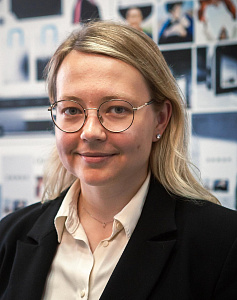
«En+ group implements a complex program for Lake Baikal conservation, centred on scientific ecological monitoring of the lake. Since 2019, we have annually supported scientific expeditions to conduct this monitoring. The collected data enables us to develop projects and initiatives aimed at preserving Lake Baikal, including efforts to combat plastic pollution. To coordinate action in this area, we actively participate in the Baikal Plastic Free Alliance. We are also exploring technological solutions to address microplastic contamination. En+ views INRTU—a member of the Baikal Plastic Free Alliance—and Harbin Institute of Technology as pioneers in implementing technological practices that can help preserve Baikal’s pristine waters and protect the lake from pollution, including microplastics,» stressed Elena Davydova.
Irina Byankina, Head of the Baikal Technology Transfer Center, summarized the seminar outcomes and outlined future cooperation prospects.
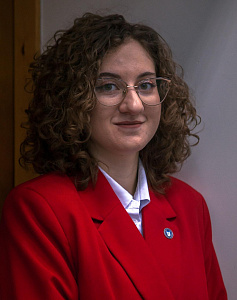
«INRTU, Harbin Institute of Technology (HIT), and En+ Group are collaborating on international-scale projects. During our discussions, we identified key areas for cooperation including joint expeditions to Lake Baikal and Eastern China, as well as assessment of waterlogging in urban areas. Experts from the Siberian School of Geosciences highlighted the similarities in natural and climatic conditions between these regions, which will facilitate more precise and efficient research.
The parties reached agreements on technology transfer and explored future opportunities for Arctic research and studies of complex toxic substances,» summarized Irina Byankina.
